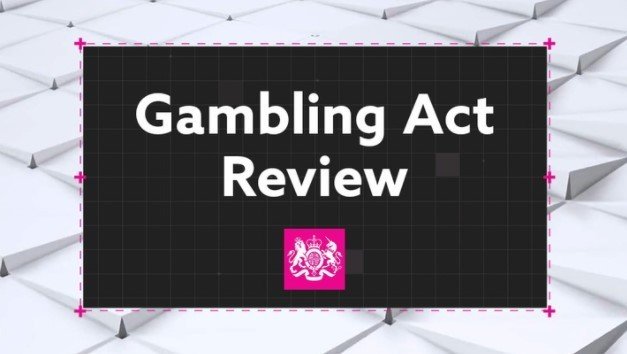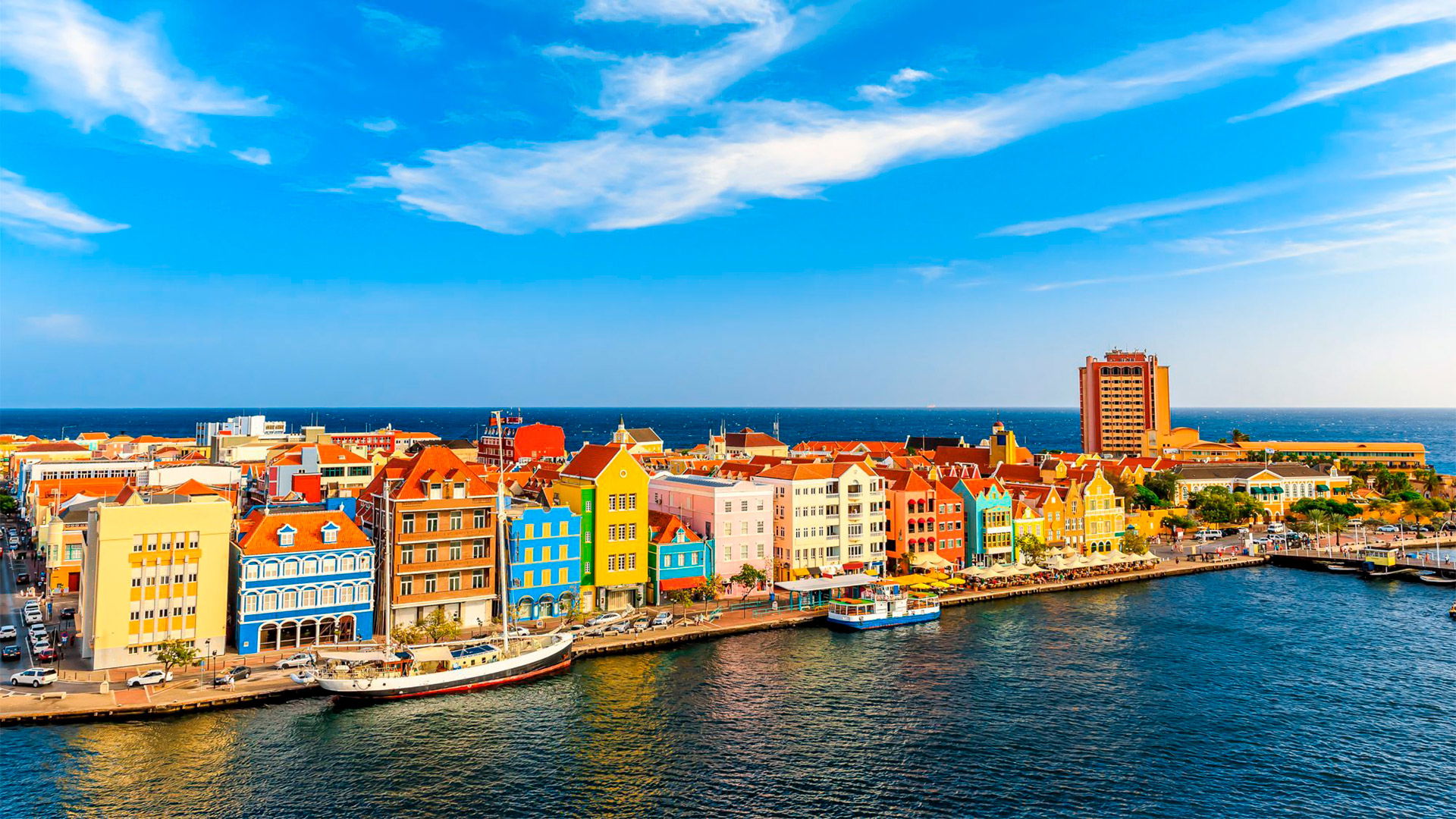What UK gambling review delays mean for operators in 2022

Ron Mendelson is the Director of Costa-Rica based International Business & Corporate Services consultancy firm, Fast Offshore. With over 24 years of real-world experience in iGaming Licensing and Payments, Regulatory Compliance, Tax-Efficient Corporate Structuring, Incubator and other Hedge Fund Licenses, Blockchain and Cryptocurrency related services, he advises a number of international clients on their business needs in the Americas, Europe, and beyond.
In his new column for Yogonet, the iGaming industry consultant explains that the reviewing of current gambling laws has been postponed until the first quarter of 2022 and shares insights on what operators in the UK can expect for the upcoming year.
UK government plans to completely overhaul gambling laws have been delayed until the first quarter of 2022, prompting outrage from campaigners who have cautioned it could lead to more cases of problem gambling in the country.
In 2019, the Conservative government pledged to review current gambling laws, including those that govern the online sphere. In 2020, gambling accounted for around GBP 14 billion, with online gambling accounting for just over GBP 3 billion. The review was demanded by civil society groups, and some politicians over fears gaps in regulation were leading to excessive problem gambling among vulnerable audiences.
The government was supposed to put together a whitepaper and publish it in 2020, but this was then postponed until early 2021. Now, it is likely it will be delayed even longer, with some sources suggesting it won’t be ready until at least February 2022.
Labour MP Carolyn Harris, who heads a parliamentary group looking into gambling-related harm, said the review process had “gone on long enough”.
“The government made a commitment to reform our gambling laws in 2019. Two years later, they are still deliberating while the online industry is weakly regulated, reaps vast profits, and people continue to be harmed.”
When queried, the government claimed the delay was due to personnel reshuffling and administrative issues. Now in charge of the review, Chris Phillip said he would be announcing a crackdown to step up protection for addicts and vulnerable people.
British gambling companies are currently regulated by the 2005 Gambling Act. It covers online and offline betting, gaming, and lotteries, including bingo and scratchers. Over the last few years and particularly since the pandemic, fears have grown that operators are not taking enough steps to prevent problematic gambling behavior.
Questions to be asked by the review include the prevalence of gambling-related harm in England, what damage can it cause to families and communities, the social and economic burden of problem gambling, and to what extent has COVID-19 exacerbated it.
Preliminary information found that gamblers are likely to be highly educated, employed, and from non-deprived backgrounds. But those likely to be at risk from problem gambling include younger males, without work, and living in more deprived areas of the country. It also found that problem gambling is more likely to impact those with other health issues, including psychological conditions, as well as low life satisfaction.
In the summer, the UK Gambling Commission announced a new set of measures designed to crack down on online slots. They introduced limits on the speed of spins, prohibition of features that speed up, and the celebration of any kind of loss as a win. Slots were singled out not only do they have the highest average losses per player but because they enjoy a high level of intense play.
In April 2020, the government also banned using credit cards when engaging with gambling. This came following a public consultation that looked at the behavior of 10.5 million British gamblers that use the internet to gamble. The decision to ban credit cards was taken after almost a quarter of credit card users were classified as problem gamblers.
While the latest round of reviews and proposals might be delayed, it is only a delay to the inevitable. Gambling lobby groups are strong, but so are those lobbying for change.
But what does this mean for UK-based gambling operators? Many already left after Brexit or considered other jurisdictions for centering operations. Fearing tightening rules, others will look to other jurisdictions like Curacao or further afield to Kahnawake.
But wherever online operators are based, they will need to adhere to responsible gambling policies and fair gambling rules. A crucial part of compliance in all reputational jurisdictions, these standards form a part of the duty of care operators are obliged to have with players. These include not allowing underage gamblers, implementing temporary and even permanent self-exclusion policies, and making sure information on help, if needed, is readily available.
If you are an operator in the UK, concerned about what the future holds, or an entrepreneur considering where to base yourself, it is best to seek professional advice. Navigating regulatory waters can be complex at the best of times, so it is a good idea to arm yourself with as much information as possible. Fast Offshore can assess your situation and future goals and help you decide where to be based and where to get your license. To find out more about incorporation, licensing, structuring, and compliance, you can schedule a chat with Fast Offshore here.



















































